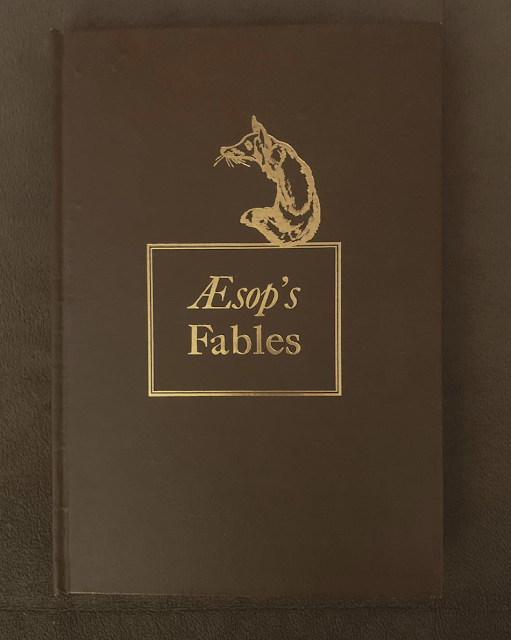"The Guest Cat" by Takashi Hiraide (published 2001)

A picture of my lady cat (but always my baby cat), Grigio, and my library copy of "The Guest Cat" "The Guest Cat" (published 2001), is a book about a cat named Chibi. At first a stray wandering around in Japan, she is taken in by a little boy and his mother who live next to a sweet middle aged couple. Takashi Hiraide, the author, explains this very particular corner of Japan with wondrous detail. The couple has named this corner of town "Lightning Alley" for the way the streets curve and turn sharply and for the elements of uphill and downhill. For these geographical reasons in their quiet district, the two neighbors cannot see or even interact with one another on a regular basis. But, the cat Chibi wanders and strolls back and forth between their two houses, spending an equal amount of time in each home. The couple, with no child of their own (the reasons remain somewhat ambiguous), develop a deep affection for Chibi. Without even picking her ...



